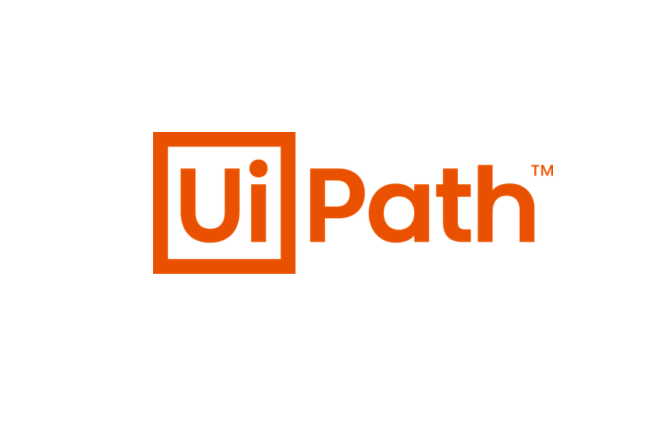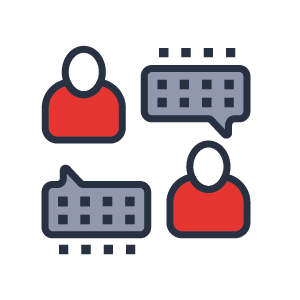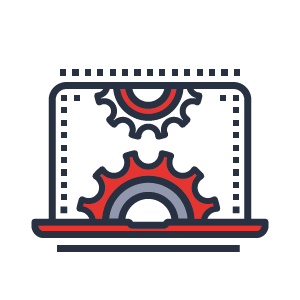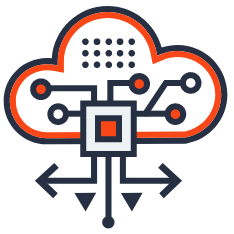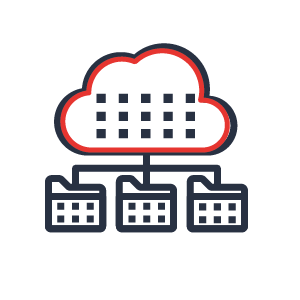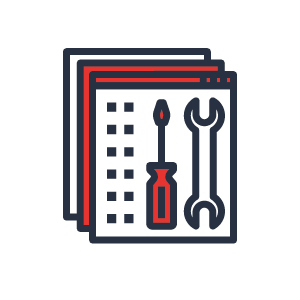The time has come to take the brakes off your technology modernisation strategy. Rather than viewing digital transformation as a huge, long-term IT project, break it down into smaller, more manageable chunks and set about solving one business problem at a time with low-code automation.
Digital transformation has dominated the headlines recently as it becomes clear that companies can’t keep operating as they always have. Though the will to drive digital change is there, budget pressures often get in the way.
Many organisations that had planned to modernise their technology during 2020 were forced to put their application development and delivery (AD&D) plans on ice just a few months into the year. Whereas 28% of global purchase influencers surveyed by Forrester were prioritising app and system upgrades pre-pandemic, this percentage dropped to 22% in April and May.
While it is understandable that many of these companies may have redirected their resources elsewhere to ride out the crisis, analysts have warned that during 2021, AD&D leaders will have to push their digital modernisation plans back up to the top of the priority list—or risk falling behind. [1]
[1] Forrester Predictions 2021: Software Development
Traditional software development belongs in the past
As we head into our new reality, it’s time to think beyond traditional software development approaches to building applications and modernising processes. Here’s why:
It takes too long:
Today’s business users can’t wait months and months for the applications they need to be custom programmed, tested and deployed. Disruption happens fast, customer needs are constantly evolving, and custom coding simply does not offer the digital speed and agility that is called for today.
It’s expensive and complex:
Traditional software delivery approaches are developer-centric, which means that all business-as-usual and modernisation projects are reliant on specialised IT skills. This comes at a cost while overburdening IT, making it difficult for companies to afford to focus on innovation.
The app backlog grows:
Most IT teams have their hands full supporting the business and maintaining mission-critical legacy systems. This leaves little time for new application development projects. As a result, the business units have to put their process modernisation plans on hold for months and months, sometimes even years. This may have been tolerated pre-pandemic, but now—with widespread remote working and an urgent need for virtual customer service solutions—long, complex app development cycles are a strategic risk.
The app backlog grows:
Most IT teams have their hands full supporting the business and maintaining mission-critical legacy systems. This leaves little time for new application development projects. As a result, the business units have to put their process modernisation plans on hold for months and months, sometimes even years. This may have been tolerated pre-pandemic, but now—with widespread remote working and an urgent need for virtual customer service solutions—long, complex app development cycles are a strategic risk.
Low-code is the way forward
To address the need for accelerated and ongoing transformation, low-code platforms take (most of) the code and complexity out of the application development cycle. This simplifies app delivery for both professional developers and so-called ‘citizen developers’ – who are users from the business units that show an aptitude for and interest in creating their own apps to digitise, streamline and automate problem processes.
Rather than using programming languages for every single step in the app lifecycle, low-code provides user-friendly, drag-and-drop app building tools, along with features that simplify and accelerate the entire app lifecycle.
In these ways, low-code fosters deeper collaboration between IT and the business. Ideally, business users can focus on ideating and building app prototypes, which IT manages any complex development that’s required, and focuses on security and governance.
Shifting from inflexible to agile
As businesses adapt to a changing landscape shaped by the COVID-19 crisis, Brexit and fast-evolving customer demands, digital agility is critical. Those that want to modernise their processes will steer away from inflexible, long-term software development projects in favour of low-code development environments that support smaller changes, faster – and then continuously deliver iterative improvements.
In a 2020 Forrester Analytics survey, 44% of global developers said that their organisations were using or planning to invest in low-code platforms. This year, Forrester predicts “high growth” in low-code adoption, particularly among AD&D leaders. By the end of 2021, 75% of development shops are expected to use low-code platforms to deliver business-critical apps and make citizen developer programmes the next normal.[1]
[1] Forrester Predictions 2021: Software Development
The Netcall Digital Factory: A roadmap to low-code success
Netcall, a leading provider of low-code software that covers the entire app lifecycle, recommends using the following methodology to build a central function – or “Digital Factory” – that enables your organisation to deliver transformative low-code applications, fast.
The goal of the Digital Factory is to ensure the continuous delivery of process automation applications, one small success at a time, so that digital transformation becomes business as usual. (Rather than being an expensive, long-term special project that keeps getting left on the backburner because it is just too overwhelming from a resource point of view.)
Step 1: Identify opportunities
Give business users a platform for identifying suitable process modernisation and automation opportunities. Encourage departments to root out processes that are unnecessarily manual and complex, with repetitive steps that could easily be automated; and then feed these requirements and ideas into the Digital Factory.
These opportunities can then be filtered and prioritised based on set criteria, such as business benefits, customer impact, cost, timeline and so forth.
Step 2: Design and build
A technology is then allocated to deliver the project, and a team assigned. With Netcall’s low-code platform, people from the business unit with working knowledge of the process can build a prototype of the app themselves. IT can then get involved to manage security and governance.
With this approach, apps can be delivered up to 10 x faster than in a traditional software development environment.
Step 3: Socialise the success
You can then measure the difference that the app is making pre and post deployment. Communicate the benefits widely to encourage buy-in and involvement from the business, which in turn helps to increase enterprise-wide digital transformation.
Step 4: Repeat!
Thanks to the user-friendly, collaborative development environment on the Netcall platform, you can begin multiple projects in parallel. As you go, assess which solutions will make the greatest difference and prioritise your resource allocation from there.
Next steps
With Netcall’s low-code technology and the adaptive, iterative development model it supports, your organisation can start solving business problems quickly and make change happen fast.
This approach does not only drive operational efficiency gains for your organisation, but also has an ongoing positive impact on everyday business users and, most importantly, the customer experience.
As a trusted Netcall delivery partner, Velocity can help you get started on your low-code journey, set up a successful Digital Factory in your organisation, and ultimately gain maximum value from your low-code investment.

